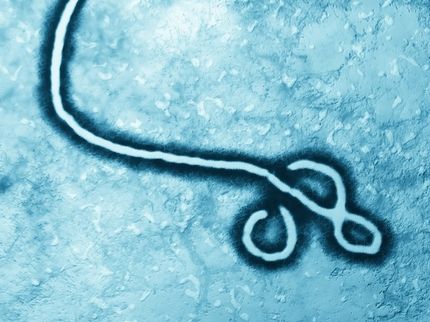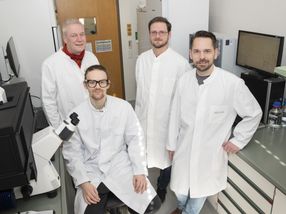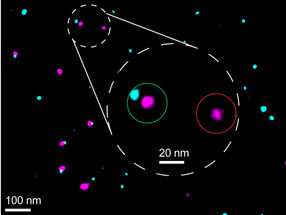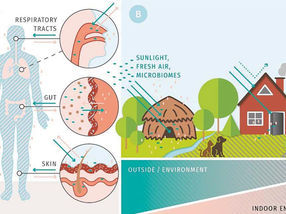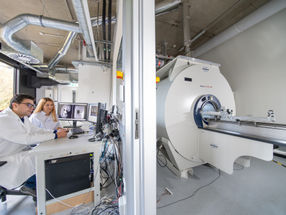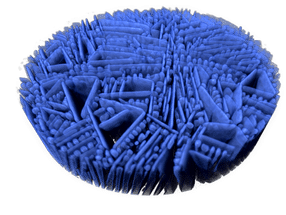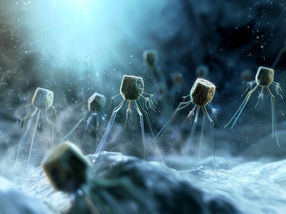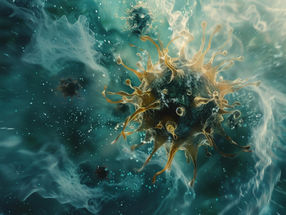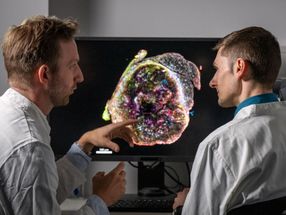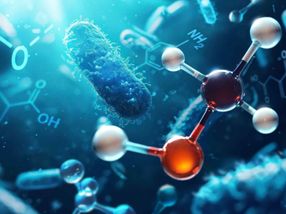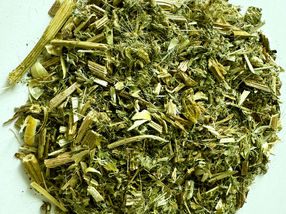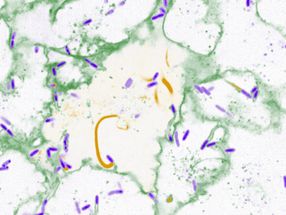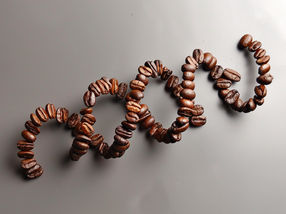Crucell Discovers Human Monoclonal Antibody that Protects Against SARS
Leiden, The Netherlands. Dutch biotechnology company Crucell N.V. announced the discovery of an antibody for protection against SARS virus infection. In the next issue of The Lancet medical journal, due for publication on June 26, study results will be published reporting that a human monoclonal antibody, discovered with the use of Crucell's MAbstract® technology and produced on the PER.C6® cell line, protects ferrets from SARS.
The Lancet article, entitled Human monoclonal antibody as prophylaxis for SARS coronavirus infection in ferrets (Jan ter Meulen et al), may pave the way for the development of this antibody for human use. Such antibody treatment may help to prevent the spread of SARS and may also ameliorate serious disease complications of SARS infection.
Experiments started in the second quarter of 2003, shortly after the SARS virus was first isolated. Crucell used inactivated SARS virus particles and the company's proprietary antibody phage-display technology to isolate human antibodies which blocked virus infection in cell culture. Subsequently, the best antibody was produced using PER.C6® technology and tested in the ferret model developed by Dr Albert Osterhaus of Rotterdam's Erasmus University Department of Virology. To date, this model is regarded as the best to mimic human SARS infection.
"Since this antibody has been directly and stably introduced into PER.C6® following the discovery of its potency, we have the capability to produce clinical trial material to test the safety of our product in humans," said Crucell's Chief Scientific Officer Jaap Goudsmit. "We are currently reviewing how to proceed with this product lead." Crucell decided to stop their oncology program in 2003 and redirect the focus of their Antibody Discovery Group to infectious diseases. The SARS antibody is the first demonstration of the success of this shift.
"Within a year of the disease outbreak, our Antibody Discovery Group, headed by the principal author of The Lancet paper, Jan ter Meulen, proved itself able to generate an antibody that effectively protects the most relevant animal model from SARS," Dr Goudsmit added. "We hope to repeat this rapid discovery procedure for other agile and emerging infections and threats." Since the dramatic emergence of SARS in late 2002, more than 8000 cases have been diagnosed worldwide. More than 700 people have died in Canada, France, Taiwan, Malaysia, the Philippines and in China, where the most recent outbreak occurred in late April 2004. There is still no treatment for SARS.
Other news from the department science
Most read news
More news from our other portals
See the theme worlds for related content
Topic world Antibodies
Antibodies are specialized molecules of our immune system that can specifically recognize and neutralize pathogens or foreign substances. Antibody research in biotech and pharma has recognized this natural defense potential and is working intensively to make it therapeutically useful. From monoclonal antibodies used against cancer or autoimmune diseases to antibody-drug conjugates that specifically transport drugs to disease cells - the possibilities are enormous

Topic world Antibodies
Antibodies are specialized molecules of our immune system that can specifically recognize and neutralize pathogens or foreign substances. Antibody research in biotech and pharma has recognized this natural defense potential and is working intensively to make it therapeutically useful. From monoclonal antibodies used against cancer or autoimmune diseases to antibody-drug conjugates that specifically transport drugs to disease cells - the possibilities are enormous
